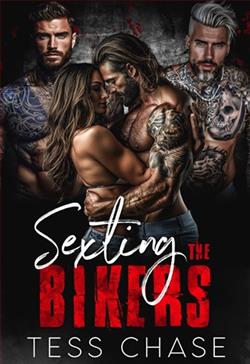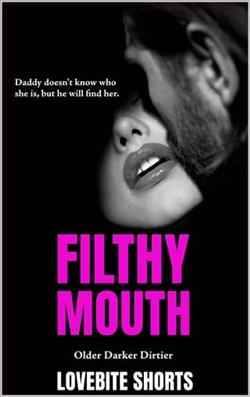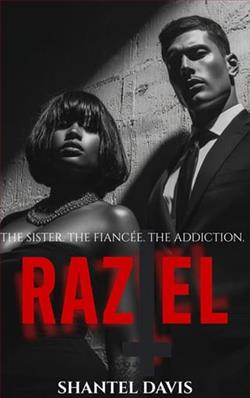Page 7 of Good Girl, Bad Blood
Yes, it was . . . pretty rough. Epps asked a lot of invasive questions. What were you wearing that night? Did you dress promiscuously on purpose? –showing photos of Nat that night from social media. Did you have a crush on your classmate, Max Hastings? How much alcohol would you drink on an average night? He also brought up her past criminal conviction for assault occasioning bodily harm, implying that it made her untrustworthy. It was, essentially, a character assassination. You could see Nat getting upset, but she stayed calm, took a few seconds to breathe and have a sip of water before answering each question. Her voice was shaking, though. It was really hard to watch.
Pip:
It makes me so angry that this kind of cross-examination of victims is allowed. It almost shifts the burden of proof on to them, and it isn’t fair.
Ravi:
Not fair at all. Epps then grilled her about not going to the police the next day, if she was sure she was assaulted and who the perpetrator was. That if she’d gone within seventy-two hours, a urinalysis could have confirmed whether she even had Rohypnol in her system which, he claimed, was up for debate. Nat could only reply that she hadn’t been sure afterwards, because she had no memory. And then Epps said, ‘If you have no memory, how do you know you didn’t consent to any sexual activity? Or that you even interacted with the defendant that night?’ Nat replied that Max had made a loaded comment to her the following Monday, asking if she’d had a ‘good time’ at the party because he had. Epps never let up. It must have been exhausting for Nat.
Pip:
It seems this is his tactic for Max’s defence. To somehow undermine and discredit each of us as witnesses. With me, it was his claim about howconvenientit was that I had Max to use as a male patsy, to try make Becca Bell and her alleged manslaughter sympathetic. That it was all part of the ‘aggressive feminist narrative’ I’ve been pushing with my podcast.















